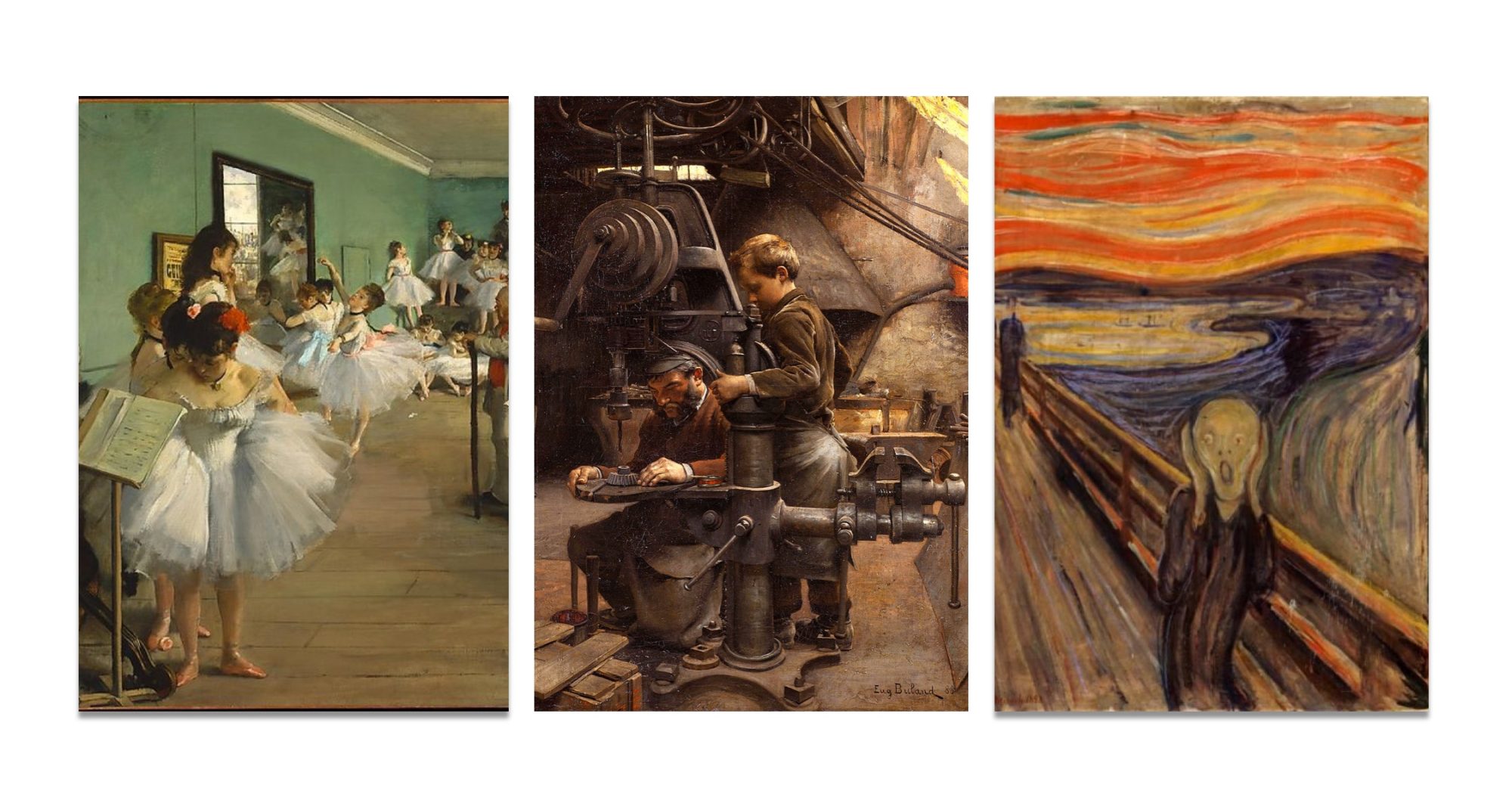Throughout this class, and within the subject of the final project, I have come to this conclusion: ruin is subjective. Being ruined, or having your life ruined depends entirely on what you value, and how you value it. For instance, in The Ruined Maid, Melia thought herself better for being “ruined”, or at least said so, because of the wealth and extravagance she was able to amass through her new vocation. Though she said she was “ruined”, it seemed quite the opposite, as though she simply used the word as society would’ve used it to describe her. Mrs. Brown even describes being coaxed into writing a novel in such light as to reflect ruin, saying how would-be writers are “led on by this will-o’-the-wisp, they flounder through volume after volume, spending the best years of their lives in the pursuit, and receiving for the most part very little cash in exchange” (Woolf).
In most cases, we must make sacrifices to achieve things in life, be that time, money, or in the case of many women in the writings we’ve studied, our physical bodies and well-being. Ruin comes when we overextend ourselves and achieve nothing we value in return. However, even if others view us as ruined, because of its subjective nature, we can have achieved much, like Mrs. Warren, in Bernard Shaw’s play. Mrs. Warren, much like Melia, achieved much through what many considered her ruin. She then was able to effectively hide her profession, and live a double-life. Her true ruin was not that she had been or continued to be a prostitute, as the society of the time might have believed. She was ruined at the end of the play, when she lost the one thing she cared about most.
Perhaps my group’s project lacked some ties into these kinds of ideas, concerning ruin. Though I do feel that our project explored more of what leads us to ruin. We made our presentation on the theme of temptation – which often leads to ruin, if we give in to it. We looked at various forms of temptation in the texts, as well as what we are tempted by in modern life. Temptation by definition is to have the desire to do something, especially something wrong or unwise. Mrs. Brown was tempted into writing by the elusive character “Brown”, and so began what she calls her folly. Melia was tempted by wealth and beauty, and the escape from her life of hard work, and so became what was considered “ruined”. Nearly anything we are tempted to do can go awry, and lead us to ruin, or even to the ruin of others. As ruin is subjective, so too is temptation, preying upon our desires and things we hold dear. Temptation tells us “want” – even “need” – the thought of which drives us into those things that were best left undone, like in the man’s lamentation of Jenny. He was with her, and found her beautiful, but in the end, he was ashamed, and left only gold for her to wake to.
Jenny, my love rang true! for still
Love at first sight is vague, until
That tinkling makes him audible.
And must I mock you to the last,
Ashamed of my own shame, — aghast
Because some thoughts not born amiss
Rose at a poor fair face like this?
Well, of such thoughts so much I know:
In my life, as in hers, they show,
By a far gleam which I may near,
A dark path I can strive to clear.
Only one kiss. Goodbye, my dear.
~Dante Gabriel Rossetti
It’s unclear to me whether this truly brought ruin to either of them, save perhaps to Jenny’s reputation, but what is clear is that the man regretted his moment of weakness, and what he had done. Such is the nature of temptation.
Ruin is not always due to temptation, of course. Sometimes, things just fall apart, and things can seem hopelessly impossible. Many of us go through a low point like that, and I am no exception. As I wrote in my first assignment for this class, however, when everything seems to be ruined and at an end, we can persevere. “Tolerate the spasmodic, the obscure, the fragmentary, the failure. Your help is invoked in a good cause. For I will make one final and surpassingly rash prediction—we are trembling on the verge of one of the great ages of English literature. But it can only be reached if we are determined never, never to desert Mrs. Brown.” (Woolf)
References:
Virginia Woolf, “Mr. Bennett and Mrs. Brown”
Bernard Shaw, Mrs Warren’s Profession (1894)
Dante Gabriel Rossetti, “Jenny”
